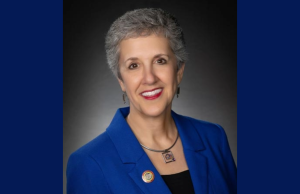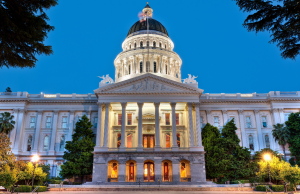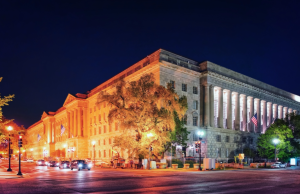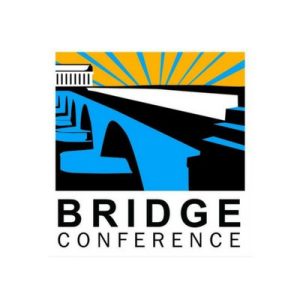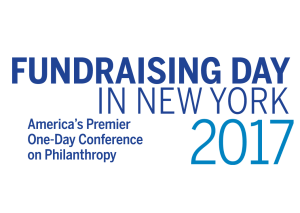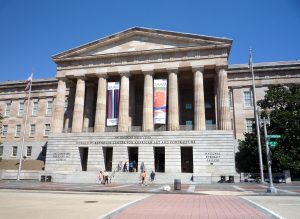The New Jersey Attorney General’s Office and the state Department of Consumer Affairs issued a new rule last week in response to the federal government eliminating a requirement that nonprofit organizations report major donors to the Internal Revenue Service (IRS).
The directive, issued May 13, would require 501(c)(4) social welfare organizations and other organizations to identify significant contributors in their annual reports to the Division of Consumer Affairs Charities Registration Section, according to an announcement from New Jersey Attorney General Gurbir Grewal.
Significant contributors are those who have donated $5,000 or more to an organization, which typically reports names and addresses on Schedule B of its annual Form 990. Schedule B is included when an organization files its annual Form 990 with the IRS but only a redacted version, without donor names and addresses, is made public.
Under New Jersey’s new rule, charitable organizations would continue to be required to provide a list of significant contributors to the Division of Consumer Affairs, regardless of whether the federal government’s new policy excuses them from doing so for the IRS.
The U.S. Department of the Treasury and IRS announced last summer that certain organizations will no longer have to file Schedule B, affecting primarily associations, labor unions and so-called social welfare organizations. The revised reporting requirements were to take effect with tax returns generally filed by May 15, 2019 for the tax year ending December 2018.
Grewal joined New York Attorney General Letitita James in filing suit against the U.S. Department of Treasury and the IRS for failing to comply with Freedom of Information Act (FOIA) requests submitted jointly by the two states last fall. The FOIA requests sought information regarding the federal decision to stop requiring significant contributor information from tax-exempt organizations.
New Jersey also joined Montana Gov. Steve Bullock, who recently announced his bid for the Democratic nomination for president, and that state’s Department of Revenue in a lawsuit challenging the federal government’s repeal of the donor reporting rule.
In recent years, the California Attorney General’s Office has been at the forefront of battle over Schedule B. Under Kamala Harris, now a Senator also pursuing the Democratic nomination for president, the California AG’s Office has been challenged for its pursuit of Schedule B information. Among the organizations fighting California’s requirement in court are the Center for Competitive Politics, Americans for Prosperity Foundation, Thomas More Law Center, and Citizens United Foundation.




